



FULBRIGHT ISRAEL
70 years of distinction
Fulbright Israel facilitates academic exchange, fostering a lasting dialogue and long-term relationship between the people of the United States and Israel. The program is committed to the highest level of excellence and leadership.


Where do you want to study?
About Fulbright
Journey
The Fulbright experience extends far beyond the award you receive. Throughout your time with us, we will guide you, support you, and provide you with enrichment opportunities.
Story
We enable talented, creative, forward-thinking leaders in all academic fields , public policy, public humanities, sciences, and other areas of public service through binational education exchange between Israel and the U.S.
Legacy
Since 1956, Fulbright Israel has played a key role in cultivated academic relations between the U.S. and Israel that resulted in alumni who hold key positions in Israel and around the world.
Meet our Current Fellows
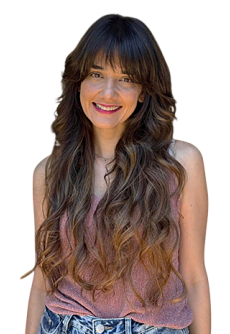
Muna Abd El-Raziq
Postdoctoral Fellow
Linguistics
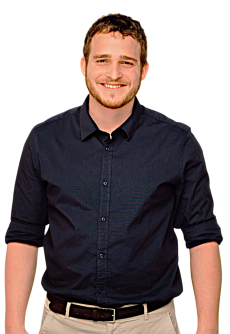
Avia Liberman
Master's Degree Fellow
Public Policy
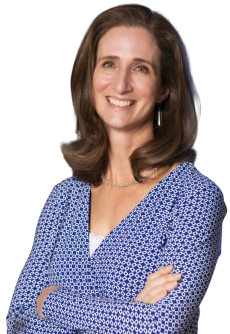
Alisa Morss Clyne
Distinguished Scholar
Biomedical Engineering
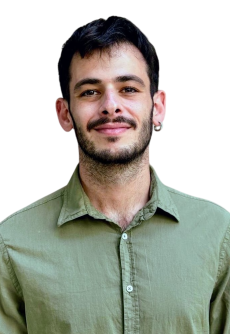
Nadav Yochman
Master's Degree Fellow
Science
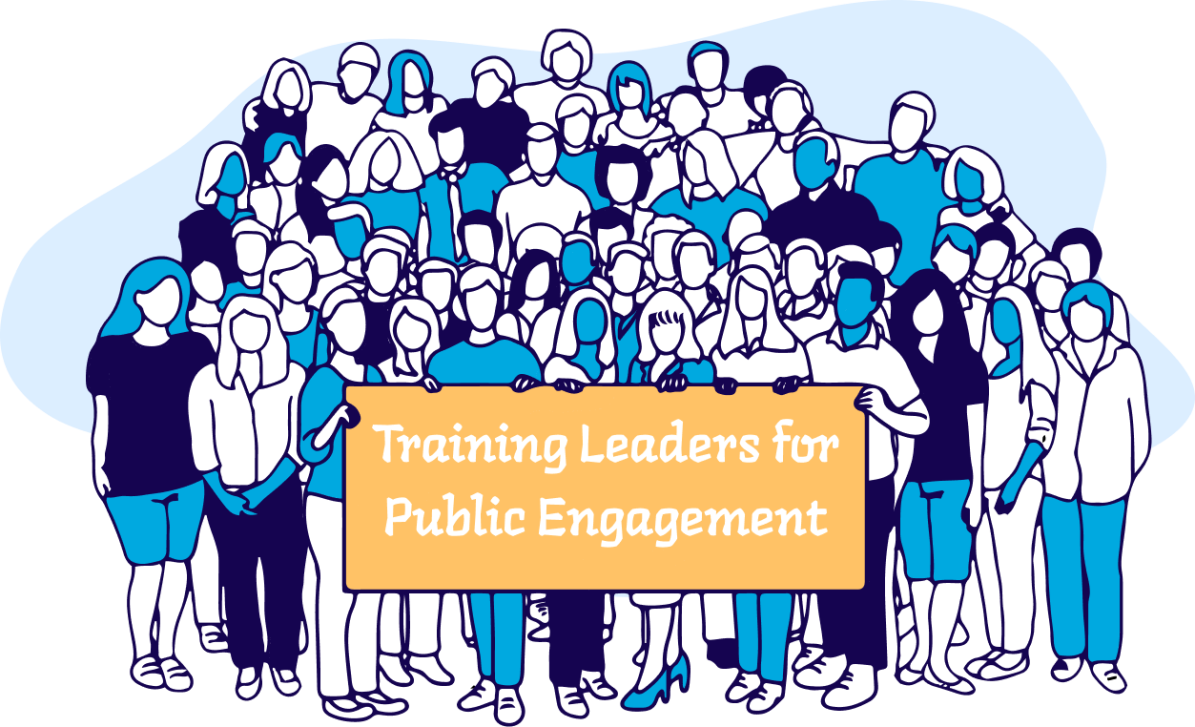
Public Humanities
The Public Humanities program aims to prepare the next generation of leaders in cultural and public institutions with knowledge and civic and national importance.



